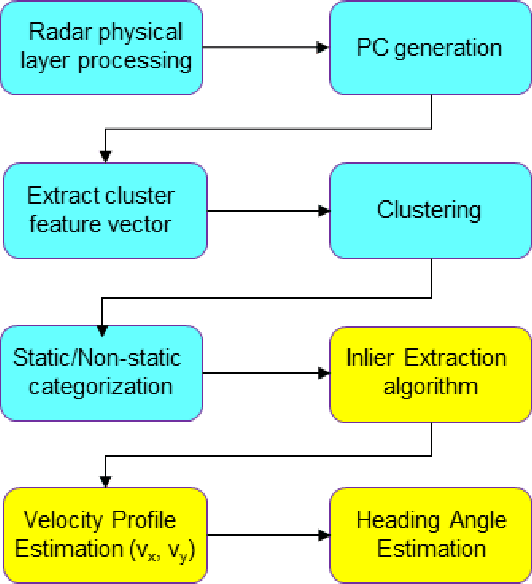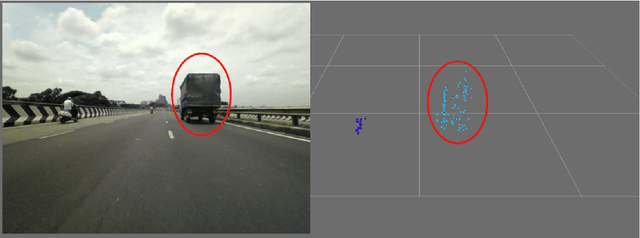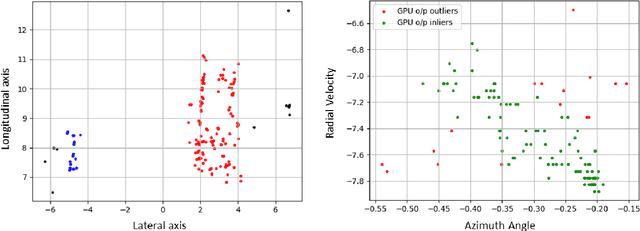Nihal Singh
CMOS + stochastic nanomagnets: heterogeneous computers for probabilistic inference and learning
Apr 18, 2023Abstract:Extending Moore's law by augmenting complementary-metal-oxide semiconductor (CMOS) transistors with emerging nanotechnologies (X) has become increasingly important. Accelerating Monte Carlo algorithms that rely on random sampling with such CMOS+X technologies could have significant impact on a large number of fields from probabilistic machine learning, optimization to quantum simulation. In this paper, we show the combination of stochastic magnetic tunnel junction (sMTJ)-based probabilistic bits (p-bits) with versatile Field Programmable Gate Arrays (FPGA) to design a CMOS + X (X = sMTJ) prototype. Our approach enables high-quality true randomness that is essential for Monte Carlo based probabilistic sampling and learning. Our heterogeneous computer successfully performs probabilistic inference and asynchronous Boltzmann learning, despite device-to-device variations in sMTJs. A comprehensive comparison using a CMOS predictive process design kit (PDK) reveals that compact sMTJ-based p-bits replace 10,000 transistors while dissipating two orders of magnitude of less energy (2 fJ per random bit), compared to digital CMOS p-bits. Scaled and integrated versions of our CMOS + stochastic nanomagnet approach can significantly advance probabilistic computing and its applications in various domains by providing massively parallel and truly random numbers with extremely high throughput and energy-efficiency.
Parallelized Instantaneous Velocity and Heading Estimation of Objects using Single Imaging Radar
Dec 23, 2020



Abstract:The development of high-resolution imaging radars introduce a plethora of useful applications, particularly in the automotive sector. With increasing attention on active transport safety and autonomous driving, these imaging radars are set to form the core of an autonomous engine. One of the most important tasks of such high-resolution radars is to estimate the instantaneous velocities and heading angles of the detected objects (vehicles, pedestrians, etc.). Feasible estimation methods should be fast enough in real-time scenarios, bias-free and robust against micro-Dopplers, noise and other systemic variations. This work proposes a parallel-computing scheme that achieves a real-time and accurate implementation of vector velocity determination using frequency modulated continuous wave (FMCW) radars. The proposed scheme is tested against traffic data collected using an FMCW radar at a center frequency of 78.6 GHz and a bandwidth of 4 GHz. Experiments show that the parallel algorithm presented performs much faster than its conventional counterparts without any loss in precision.
 Add to Chrome
Add to Chrome Add to Firefox
Add to Firefox Add to Edge
Add to Edge